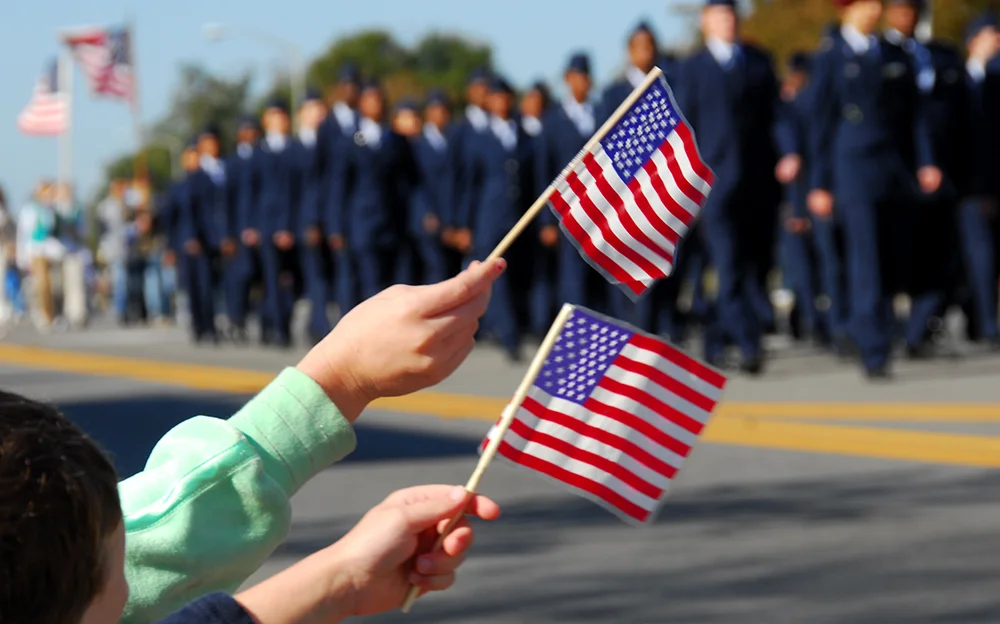Can A Homeowner Benefit From Property And Casualty Insurance?

Property and casualty insurance is an essential form of insurance that all homeowners should get. Learn what this insurance is and what it covers by reading on.
Browse By Category
Sign up for Our Newsletter
Property and casualty insurance is an essential form of insurance that all homeowners should get. Learn what this insurance is and what it covers by reading on.
What Is Property and Casualty Insurance?
Property and casualty insurance is an umbrella term, with many types of insurance falling under it. For homeowners, the form of property and casualty insurance relevant to them is homeowners insurance.
As a form of property and casualty insurance, homeowners insurance covers the homeowners’ personal belongings after a covered incident takes place. It also covers expenses related to an accident resulting from the negligence of the homeowner.
For example, if a guest becomes injured on the premises of the homeowner’s property because the homeowner failed to fix their damaged stairs, this form of insurance can pay for the injured’s medical bills, loss of income, and pain and suffering. In addition to these expenses, property and casualty insurance can also come into play if the injured decides to sue the homeowner. The insurance should cover the cost of legal fees.
What Does Property and Casualty Insurance Cover?
In general, this form of insurance offers coverage for property damage and liability. Let’s break these down further below.
Property Coverage
Homeowners insurance typically comes with property coverage. In fact, for many homeowners, this form of coverage is the most important. Property coverage protects the homeowner’s personal belongings in the event of a covered peril.
For instance, if water damage occurs on the property and damages the homeowner’s computer, property coverage can help pay for the cost of repairing the water damage as well as the cost of replacing the broken computer. This is, of course, if water damage is a peril covered in the policy. Some policies may even cover theft and vandalism.
Keep in mind, though, that not all accidents or events may be covered in a standard policy. Some policies exclude perils like floods and fires, especially if those are more common in the area. Other names for property coverage include coverage C, personal property coverage, contents insurance, and personal belonging coverage.
It is wise for a homeowner to purchase extra coverage, known as scheduled personal property coverage. This added coverage helps pay for the cost of more valuable items like jewelry.
Casualty Coverage (Liability)
 A standard homeowners insurance policy also usually offers casualty coverage. Also known as coverage E and liability insurance, this form of coverage protects the insured from paying expensive medical and legal fees.
A standard homeowners insurance policy also usually offers casualty coverage. Also known as coverage E and liability insurance, this form of coverage protects the insured from paying expensive medical and legal fees.
Should someone get injured on the property, the homeowner will not have to worry about paying the injured’s medical expenses. If that person sues the homeowner, casualty coverage can also cover attorney’s fees and court costs. Other things this coverage can pay for include lost income and even death benefits.
Other Forms of P&C Insurance
Homeowners insurance is one of the most common types of property and casualty insurance. But, there are also other types, though they may not necessarily relate to all homeowners.
1. HOA Insurance
Homeowners associations are vulnerable to all sorts of liability issues. This is why it is important that these HOA communities purchase a master HOA insurance policy. Master policies typically include coverage for property damage (those within the association’s responsibility) and liability. Though, not all master policies are made equal. Some offer limited protection, with lower policy limits. As such, associations may need to purchase more comprehensive property and casualty insurance.
With coverage for property damage and liability, homeowners associations can protect their finances. When someone is injured on HOA property, be it a homeowner or guest, insurance can pay for the person’s medical expenses. Again, this can also cover legal fees if the person decides to file a lawsuit against the association.
The same goes for property insurance. If a covered peril takes place and damages HOA property, insurance can pay for the cost of repairs or replacement. This means the association will not need to tap into its operating or reserve fund to cover the damages. It also means the HOA will not have to levy special assessments against homeowners.
2. Condo Insurance
Condo insurance is similar to homeowners insurance, but it covers condo owners instead. This form of insurance offers protection against structural damage to the unit’s interior. It also typically comes with liability insurance that works in much the same way as the liability portion of homeowners insurance. Condo owners should check the policy of their condo association to know the coverage they must purchase for themselves.
3. Renters Insurance
 Renters insurance is another type of property and casualty insurance. But, this time, it applies to renters. Renters insurance helps protect the personal belongings of the renter, such as electronics, furniture, and the like. This is the property coverage part of the policy.
Renters insurance is another type of property and casualty insurance. But, this time, it applies to renters. Renters insurance helps protect the personal belongings of the renter, such as electronics, furniture, and the like. This is the property coverage part of the policy.
This type of insurance also normally comes with some form of liability protection. If the renter is responsible for a guest’s injuries within the rented premises, renters insurance can help pay for the cost of medical and legal fees. While not all policies have it, renters insurance can also pay for living expenses should the renter need to relocate temporarily as a result of an uninhabitable rental property.
Some landlords require renters to purchase renters insurance in order to lease their property. Landlord insurance, while offering much of the same protections, does not cover renters or their belongings.
4. Landlord Insurance
For landlords, landlord insurance is a must. This insurance policy offers both protection when it comes to property damage and liability. Again, it helps pay for the building’s repairs as a result of a covered peril as well as any medical or legal expenses associated with a casualty that takes place on the premises.
It is worth noting that homeowners insurance does not typically apply to rental properties, even if the landlord technically owns the home. Since the property generates rental income, landlord insurance is necessary. Though, landlords can ask their insurance providers to see if they can work something out.
5. Car Insurance
All of these property and casualty insurance forms have covered properties so far. But, it can also apply to vehicles. Car insurance protects the vehicle as well as the vehicle owner from damages and liability. In most states, it is mandatory for drivers to have liability coverage. California is one such state, with the law even requiring that drivers carry evidence of insurance in the vehicle at all times. Similar laws exist in New York.
Should Homeowners Get Property and Casualty Insurance?
The short answer is yes. Property and casualty insurance is an essential type of insurance that all homeowners, condo owners, renters, landlords, and vehicle owners should purchase. Insurance greatly minimizes the financial risk for the insured.
Are you looking for an HOA management company in your area? Start your searching by using our comprehensive online directory!
RELATED ARTICLES:
- Does Your Community Need HOA Workers’ Comp Insurance?
- Are You An HOA Board Member? Here’s Why You Need HOA Directors And Officers Insurance
- HOA Insurance 101: Why Does Your HOA Need It?
Trending Now
Related Article
Sign up for Our Monthly Newsletter
Sign up below for monthly updates on all HOA Resource
















